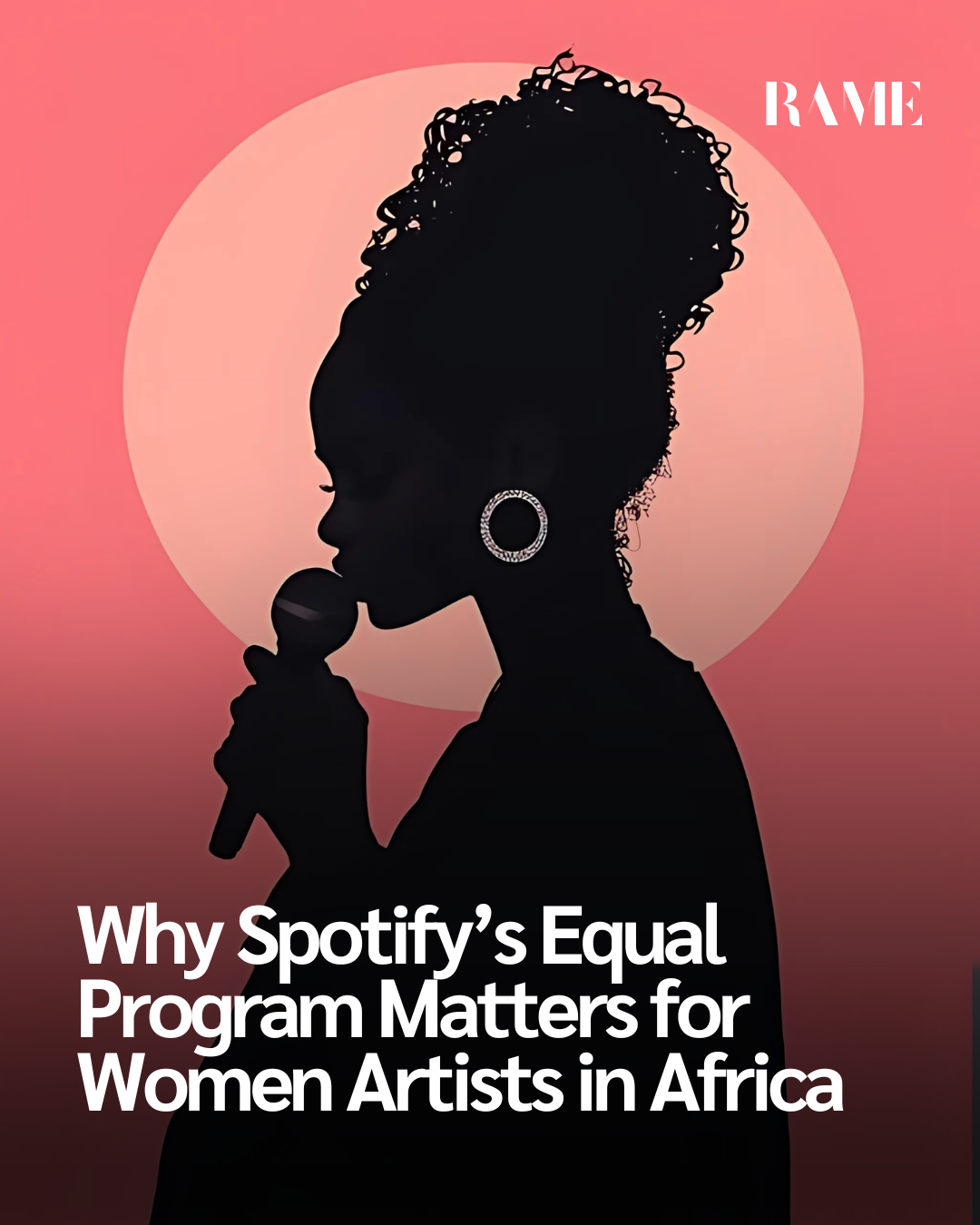A growing chorus for change in the African music industry
In Nairobi, a group of women gathered not just to perform or record, but to learn. To be seen. To take control of their careers in an industry that too often sidelines them. This wasn’t just another networking mixer. It was a workshop led by Spotify’s Equal program, part of a broader global initiative aimed at dismantling gender disparities in music.
Since launching in 2021, Spotify’s Equal program has made a deliberate push to spotlight women artists. It’s done this through editorial placements, social media amplification, and billboard campaigns in major cities. But in places like Africa where the music industry is growing fast, yet structural inequalities remain stubborn Equal’s mission is about more than visibility. It’s about equipping women with the tools to survive and thrive.
Turning the Volume Up on African Women Artists
Spotify’s recent event in Nairobi was more than symbolic. It was hands-on. Artists received training on how to leverage Spotify for Artists, learned the basics of financial literacy, and got media coaching to prepare for interviews skills that are often overlooked but critical to sustaining a music career.
“We have a monthly ambassador that gets editorial support, communications support, social media support and out-of-home support, so we see African artists being highlighted in huge places,” said Jodie Tabisher, Spotify’s Lead for Equal Africa and Manager of Artist & Label Partnerships in Southern Africa. “Being a part of the program means you get an increase in streams.”
The numbers back her up. According to Spotify’s own data, Equal ambassadors routinely see boosts in visibility and streaming figures after their participation. And that matters because with more streams come more revenue and more clout, which can open doors in a male-dominated industry.
From Nairobi to the Global Stage
Kenyan artists like Njerae, Xenia Manasseh, Fena Gitu, Nikita Kering’, and Ssaru have already reaped the benefits of being named Equal ambassadors. Their inclusion in high-profile Spotify playlists, features, and promotions has elevated their profiles not just locally, but internationally.
The Nairobi event brought together a who’s who of Kenya’s music scene Atemi Oyungu, Amani, Janet Otieno, Miss Kamweru, Ythera, Wangechi, and We Are Nubia among them. These are not newcomers. These are seasoned voices who understand the terrain and welcomed the opportunity to pass knowledge to the next generation.
“Equal creates a rare space where African women can connect, share stories, and access tools that are otherwise hard to come by,” said a participating artist who preferred to remain anonymous. “It’s not just about the spotlight. It’s about survival in a tough game.”
The Gender Gap Isn’t Just a Western Problem
It’s tempting to view gender inequality in music as a Western issue, but the data tells a global story. A 2022 report by the Annenberg Inclusion Initiative found that only 22.3% of artists across 800 popular songs over the past decade were women. While no comprehensive African equivalent exists yet, local industry insiders suggest the gap is even wider on the continent especially in production, executive roles, and distribution.
Spotify’s Equal program is one of the few initiatives explicitly addressing this in Africa. By giving women artists both visibility and education, it tackles multiple barriers at once: lack of access, lack of representation, and lack of infrastructure.
Hoping for a Future Where Programs Like Equal Are Obsolete
The long-term vision, as Tabisher explained, is to make herself and the program redundant.
“It would be great if one day we don’t have to specify women creators over men creators or female artists over male artists. It would be great in the future to be very equal,” she said.
Until then, programs like Equal serve as scaffolding. They fill in the gaps left by legacy systems, gatekeepers, and outdated norms. And while no single program can fix the industry, Equal’s presence in Africa signals that change is not just possible it’s already happening.
Progress Requires Intentionality
The takeaway here isn’t that Spotify alone can solve gender inequality in African music. It’s that structural change needs both top-down support and grassroots engagement. Initiatives like Equal can act as a catalyst, but the rest of the ecosystem labels, media, festivals, listeners must step up too.
If you’re a music fan, seek out and support women artists. If you’re in the industry, create room at the table. And if you’re a policymaker, think about how funding, education, and regulation can level the field.
Because equality won’t just arrive on its own. It has to be built.



